ICCT LCA study finds only battery and hydrogen fuel-cell EVs have potential to be very low-GHG passenger vehicle pathways
Green Car Congress
JULY 21, 2021
In addition to its regional and temporal scope, this study is distinct from earlier LCA literature in four key aspects: This study considers the lifetime average carbon intensity of the fuel and electricity mixes, including biofuels and biogas. Source: The ICCT.










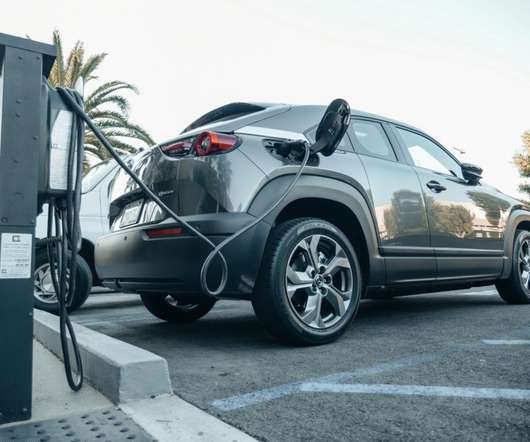






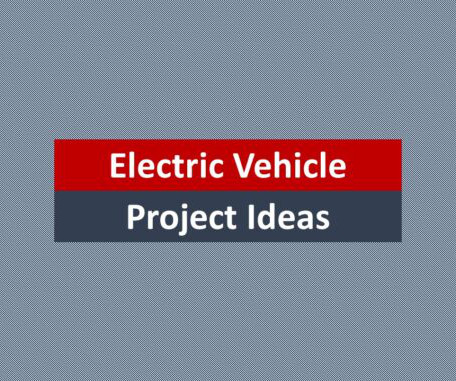


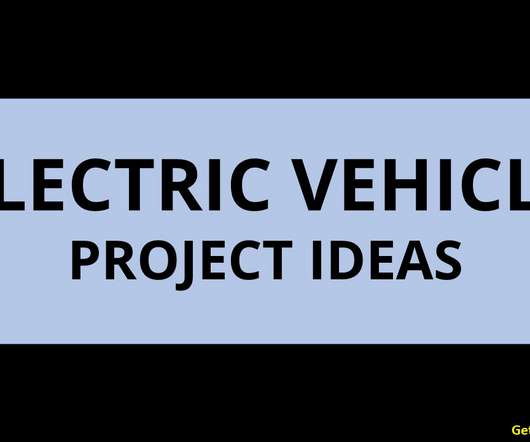


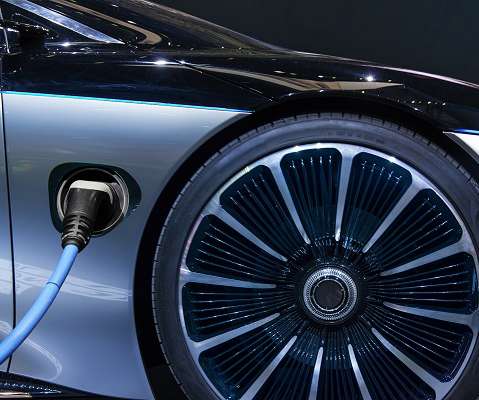

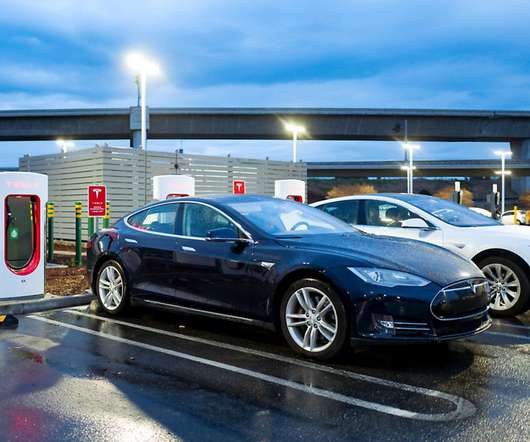










Let's personalize your content